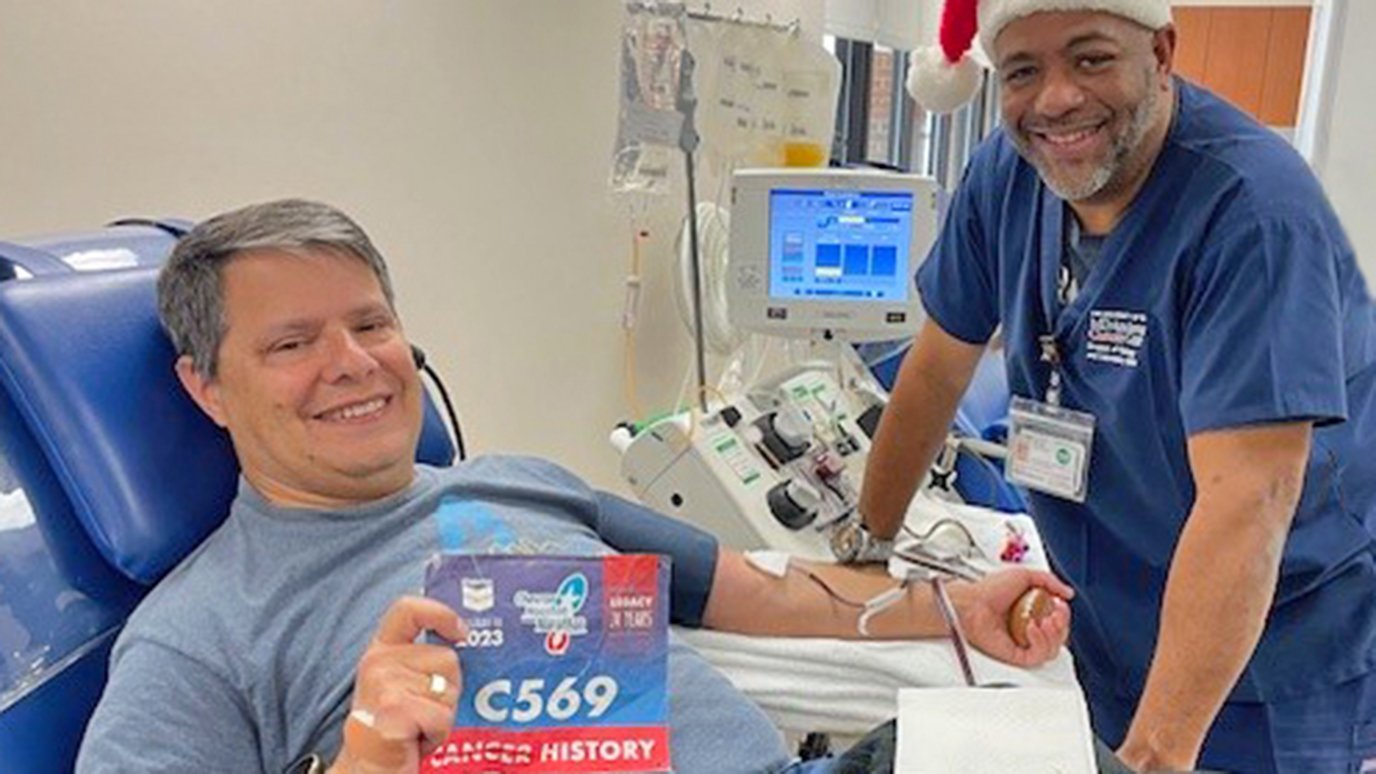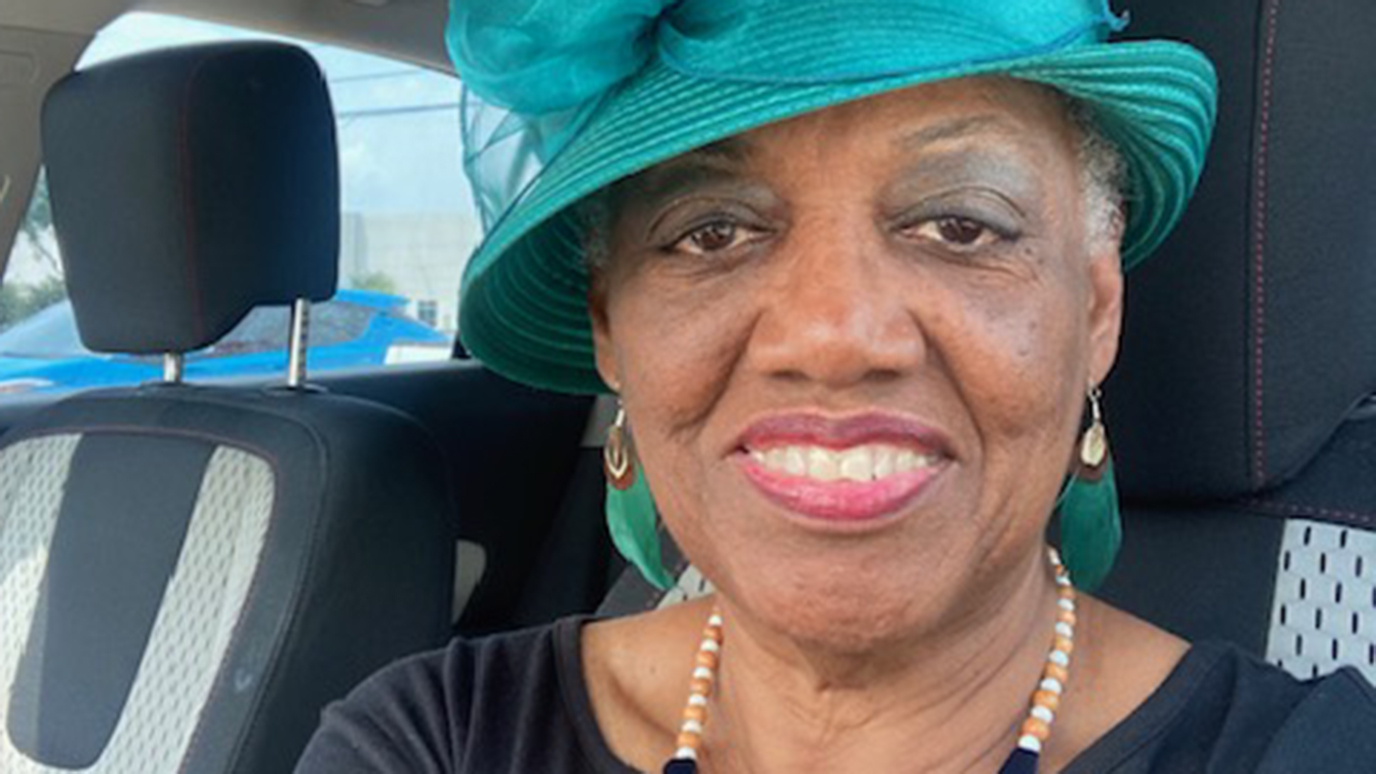- Diseases
- Acoustic Neuroma (14)
- Adrenal Gland Tumor (24)
- Anal Cancer (66)
- Anemia (2)
- Appendix Cancer (16)
- Bile Duct Cancer (28)
- Bladder Cancer (68)
- Brain Metastases (28)
- Brain Tumor (230)
- Breast Cancer (718)
- Breast Implant-Associated Anaplastic Large Cell Lymphoma (2)
- Cancer of Unknown Primary (4)
- Carcinoid Tumor (8)
- Cervical Cancer (154)
- Colon Cancer (164)
- Colorectal Cancer (110)
- Endocrine Tumor (4)
- Esophageal Cancer (42)
- Eye Cancer (36)
- Fallopian Tube Cancer (6)
- Germ Cell Tumor (4)
- Gestational Trophoblastic Disease (2)
- Head and Neck Cancer (6)
- Kidney Cancer (124)
- Leukemia (344)
- Liver Cancer (50)
- Lung Cancer (288)
- Lymphoma (284)
- Mesothelioma (14)
- Metastasis (30)
- Multiple Myeloma (98)
- Myelodysplastic Syndrome (60)
- Myeloproliferative Neoplasm (4)
- Neuroendocrine Tumors (16)
- Oral Cancer (100)
- Ovarian Cancer (170)
- Pancreatic Cancer (166)
- Parathyroid Disease (2)
- Penile Cancer (14)
- Pituitary Tumor (6)
- Prostate Cancer (144)
- Rectal Cancer (58)
- Renal Medullary Carcinoma (6)
- Salivary Gland Cancer (14)
- Sarcoma (236)
- Skin Cancer (296)
- Skull Base Tumors (56)
- Spinal Tumor (12)
- Stomach Cancer (60)
- Testicular Cancer (28)
- Throat Cancer (90)
- Thymoma (6)
- Thyroid Cancer (98)
- Tonsil Cancer (30)
- Uterine Cancer (78)
- Vaginal Cancer (14)
- Vulvar Cancer (18)
- Cancer Topic
- Adolescent and Young Adult Cancer Issues (20)
- Advance Care Planning (10)
- Biostatistics (2)
- Blood Donation (18)
- Bone Health (8)
- COVID-19 (362)
- Cancer Recurrence (120)
- Childhood Cancer Issues (120)
- Clinical Trials (626)
- Complementary Integrative Medicine (24)
- Cytogenetics (2)
- DNA Methylation (4)
- Diagnosis (230)
- Epigenetics (6)
- Fertility (64)
- Follow-up Guidelines (2)
- Health Disparities (14)
- Hereditary Cancer Syndromes (124)
- Immunology (18)
- Li-Fraumeni Syndrome (8)
- Mental Health (118)
- Molecular Diagnostics (8)
- Pain Management (62)
- Palliative Care (8)
- Pathology (10)
- Physical Therapy (18)
- Pregnancy (18)
- Prevention (896)
- Research (390)
- Second Opinion (74)
- Sexuality (16)
- Side Effects (604)
- Sleep Disorders (10)
- Stem Cell Transplantation Cellular Therapy (216)
- Support (404)
- Survivorship (322)
- Symptoms (184)
- Treatment (1776)
Why I donate blood regularly for cancer patients
3 minute read | Published November 03, 2021
Medically Reviewed | Last reviewed by an MD Anderson Cancer Center medical professional on November 03, 2021
Last week, I had the opportunity to donate blood at MD Anderson’s Blood Bank. Blood donation continues to be so important for MD Anderson’s unique patient population, especially those with blood cancers, those in need of surgery and overall, any patient in need of blood type O. Our cancer patients require as much as 200 units of red blood cells and 600 units of platelets each day.
At a national level, we continue to experience a shortage of blood and patient need for blood never abates. And with more patients receiving care at MD Anderson compared to earlier in the pandemic, a secure supply of donors providing blood products is needed more than ever.
Our cancer patients are at the heart of every blood donation
I donate blood at MD Anderson’s Blood Bank every two months. As a cancer surgeon, I relied on our blood products as a critical resource to support our cancer patients’ recovery. Now, as president of MD Anderson, I feel it is my responsibility to lead by example and to lean in by donating regularly. I know that just a few minutes of my time to donate has the potential save up to three lives. By actively participating in this vital process, I know I am doing something that directly and immediately helps our patients and their families and supports a lifesaving outcome.
Many of our MD Anderson teammates have shared with me why they donate blood regularly: because donating whole blood only takes 30 to 45 minutes; because they or someone they love received blood when they needed it and they want to give back; or because they wish to help the patients we are privileged to care for each day.
Everyone can support blood donations
MD Anderson performs 180,000 blood transfusions each year, more than any other hospital in the country. Our Blood Bank strives to maintain a regular supply of all blood types to ensure the right blood is available for the patients who need it. The only way to ensure blood reaches MD Anderson patients is by donating at MD Anderson’s Blood Bank.
If you are eligible and have never donated or have not donated recently, make an appointment to donate blood or platelets at our centrally located Holly Hall Blood Donor Center, or find a blood drive near you. And check out these frequently asked questions to learn more about blood donations.
If you find you are not eligible, the most impactful thing you can do is spread the word to family and friends. Even one new donor can make a difference for our cancer patients. And remember, eligibility criteria, medication lists and travel restrictions can often change. The best way to know for sure if you are eligible to donate is to call the MD Anderson Blood Bank at 713-792-7777.
We are privileged to have a devoted Blood Bank team working tirelessly to care for our donors, support our patients and help sustain this important lifeline. I am also deeply inspired to see our teammates and our community members exemplifying MD Anderson’s core value of Caring by making regular plans to donate. It is this collective dedication and compassionate spirit that drives our mission to end cancer and makes MD Anderson an extraordinary place for our patients.
Schedule an appointment to donate blood or platelets online or by calling 713-792-7777.
Related Cancerwise Stories

By actively participating in this vital process, I know I am doing something that directly and immediately helps our patients and their families and supports a lifesaving outcome.
Peter WT Pisters, M.D.
President





